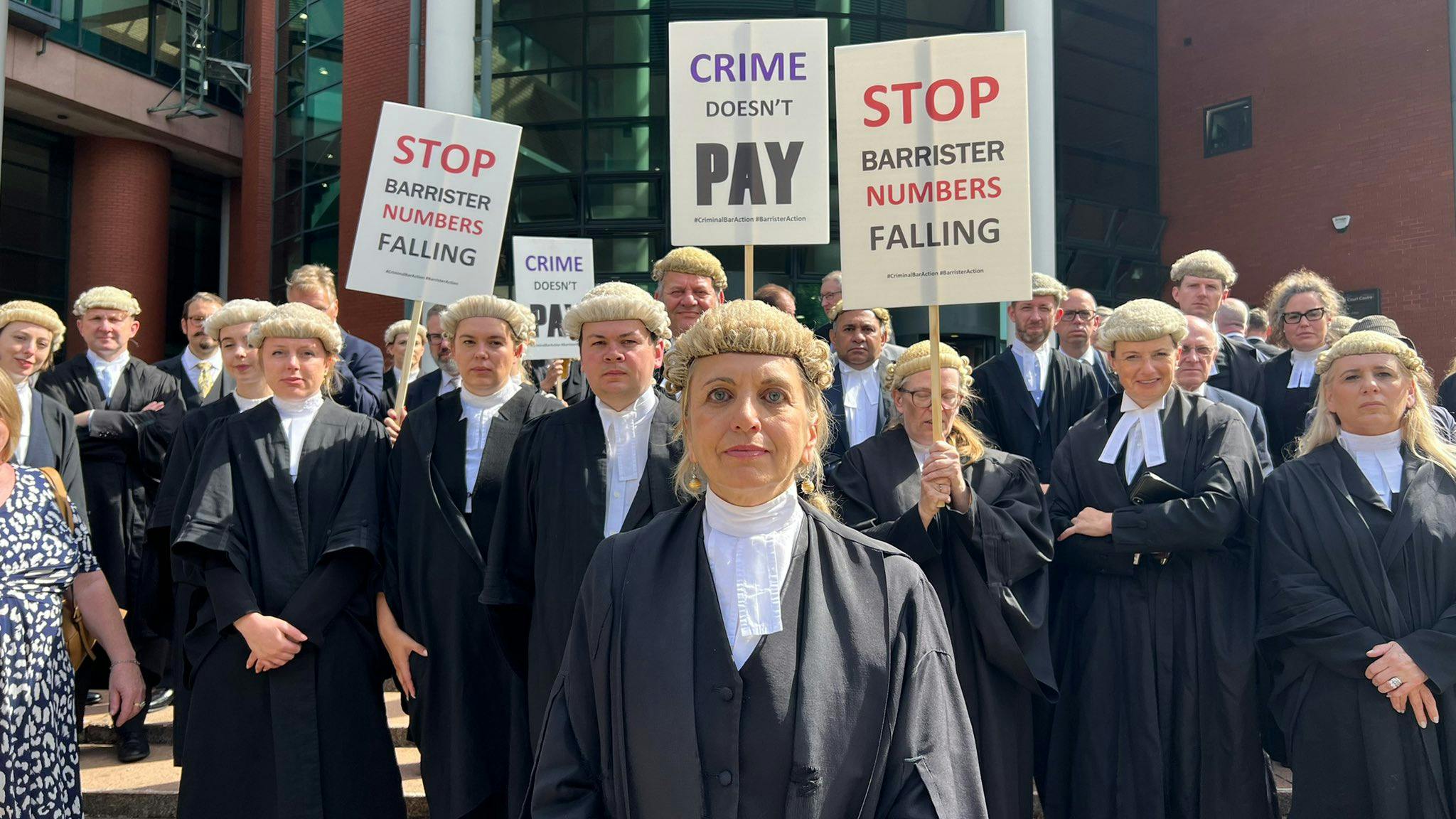Trade unions fight to make working conditions better. If it wasn’t for trade unions, we wouldn’t have weekends or the eight-hour working day, two things that most of us take for granted now. Back in the 18th century, it was a utopian dream to have two days off: during the Industrial Revolution, a factory working day would range from 10 to 16 hours and the week ran from Monday to Saturday. The five day, 40-hour working week is one of many good things we owe to trade unions.
The power of unions is simple: there are more workers than bosses. We sell our labour to our employer in exchange for pay, and if what we’re receiving (in terms of salary, benefits and conditions) is not worth what we’re giving, or if our working conditions are harmful or undignified, we need to do something about it. The best way to do this is by coming together because there’s strength in numbers. It’s the best way to get employers to pay attention.
This is what unionising is. When unions actively push an employer to review the pay and terms of workplace contracts or conditions it’s called collective bargaining, and most collective bargaining between unions and employers doesn’t involve any striking at all. Unions put forward their demands to management, and the management will come back with what they’re prepared to offer. If the offer is fair, it’s accepted by the union and everyone’s happy.
Em Foster, vocalist and guitarist of Nervus, took collective action with her colleagues during the pandemic. “There was a situation where nearly everyone wanted to walk out, and we thought: ‘Wait! What if we didn’t need to? What if we got together, decided on what would make our lives easier, and asked for better conditions based on that?’ So we did, and changes were made.
“I think some people get the wrong impression that striking and walkouts are the first point of call in a negotiation, and unfortunately workers are usually more prepared to walk out individually than demand better collectively.”
